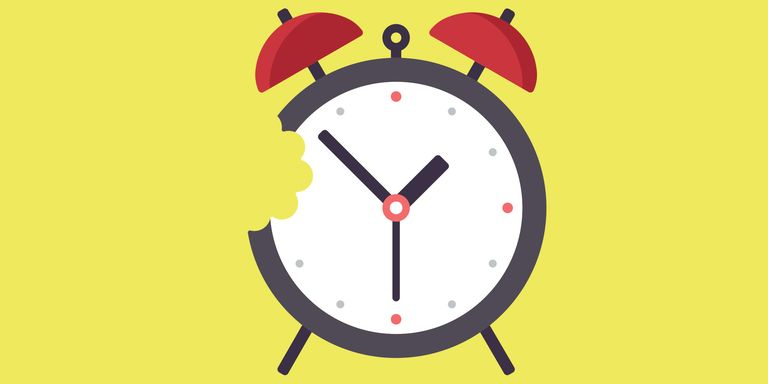Should You Be Intermittent Fasting On The Keto Diet?

At first glance, the keto diet and intermittent fasting don’t seem like they have a ton in common.
One drastically changes what you eat (the keto diet includes eating mostly healthy fats, with fewer proteins and carbs), while the other changes when you eat (intermittent fasting typically cuts you off from eating for 16 hours each day, but lets you eat whatever you want for the other eight).
They do have a common link, though: ketosis. That state—when your body starts burning fat for energy instead of carbs—can be achieved two ways, says Kristen Mancinelli, R.D., author of The Ketogenic Diet: by fasting or by following a ketogenic diet.

It makes sense, then, that the two get tangled up from time to time—but will doing them together help you burn even more fat…or is it even more restrictive than keto alone?
Why would you do intermittent fasting on the keto diet?
Basically, intermittent fasting might add to keto’s fat-burning effects, says Kelly Roehl, R.D.N., an advanced level dietitian at Rush University Medical Center.
In fact, Roehl adds some people (including herself) use intermittent fasting to jumpstart ketosis. Intermittent fasting may drive blood-sugar levels down, which can promote or enhance ketosis when someone’s no longer in it—from, say, deviating from the diet, she says.
Keep in mind, though, as hard as it is to maintain the keto diet, it’s even harder to maintain intermittent fasting on the keto diet. Unless practicing both works for your lifestyle and is something you can stick to, it’s not going to be sustainable.
Well, should you do intermittent fasting on the keto diet?
It’s not necessary to do intermittent fasting on the keto diet, but it’s not impossible to do, either (especially because you’re not restricting calories during the window when you do eat).
You likely ‘intermittently fast’ more often than you think, too, notes Roehl. Ever had a day where you at dinner before 8 p.m. but didn’t eat or drink anything with calories until noon the next day? Then you’ve intermittently fasted.

It’s worth noting, however, that if you have diabetes and use insulin, or are following a keto diet for medical reasons like epilepsy, you definitely shouldn’t practice intermittent fasting (or even do keto, for that matter) without talking to a nutritionist who specializes in the diet first, says Roehl.
What else do I need to know before trying intermittent fasting on the keto diet?
Make sure you’re paying special attention to those keto ratios (as a reminder, they’re: 60-75% of your calories from fat, 15-30% of your calories from protein, and 5-10% of your calories from carbs).

After that, make sure you’re eating more nutritionally-dense foods (a.k.a., stuff that hasn’t been too processed), says Roehl. “Keto diets are sometimes portrayed as bacon and cheese, but these foods are quite low in certain nutrients that we absolutely know promote health,” she says.
The bottom line: Doing intermittent fasting on the keto diet can speed up fat burn and weight loss—but as always, the healthiest, most sustainable diet is one you can actually stick to, and intermittent fasting on the keto diet can be tough to maintain for an extended period of time.
Source: Read Full Article


